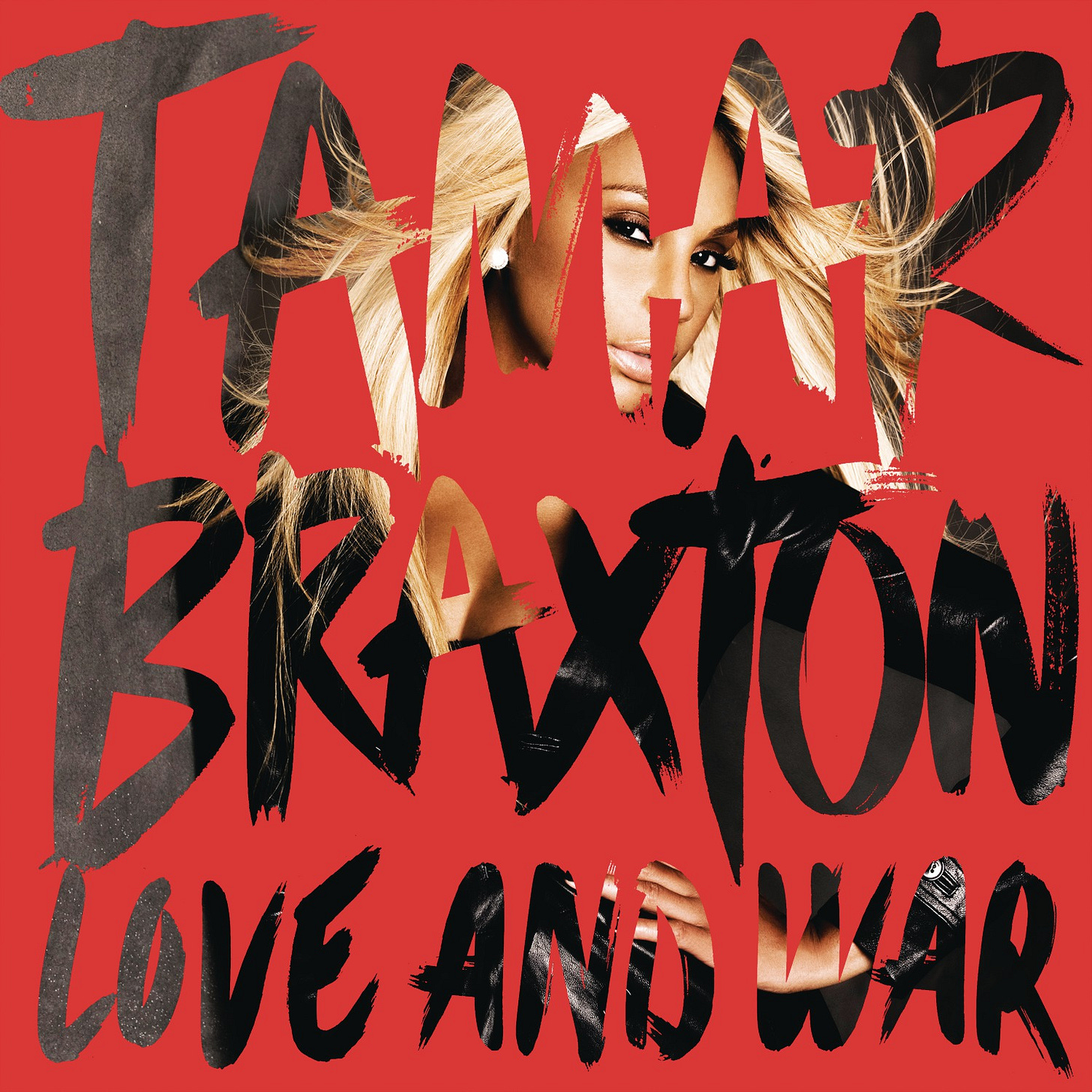Retrospective Review: Love & War by Tamar Braxton
Explore the highs and lows of Tamar Braxton's 'Love & War,' an album of contrasts.
A name that once echoed in the corridors of late-1990s R&B, Tamar Braxton found herself in a peculiar hiatus that spanned over a decade. A 13-year sabbatical from the music scene could spell doom for most artists, yet Braxton defied the odds. Her reentry into the public consciousness wasn’t through music initially but via the small screen—reality television’s Braxton Family Values and the talk show The Real. These platforms reintroduced her to a new generation and set the stage for a musical comeback that few could have anticipated.
The single “Love and War” was a reclamation of space in a genre that had evolved in her absence. Released in the waning months of 2012, this dramatic, spacious ballad did more than just tug at the heartstrings; it yanked Braxton back into the musical arena. The song’s performance on the charts was impressive, securing a spot in Billboard’s Top 15 R&B chart. But beyond numbers and rankings, “Love and War” is a manifesto outlining what listeners could expect from her long-awaited second album. It was as if Braxton was saying, “I’ve returned, and I’ve brought my A-game.”
With the release of “The One,” Tamar Braxton made it abundantly clear that her sights were set not just on a comeback but on a redefinition. The track, sampling Mtume’s iconic “Juicy Fruit,” was more than a nod to the past; it was a bridge to the present, connecting Braxton with a younger generation of R&B aficionados. The song signaled her readiness to go toe-to-toe with the artists who had risen to prominence during her hiatus.
But “The One” was not merely an exercise in modernity. It was a calculated move that showcased Braxton’s adaptability without sacrificing her unique vocal identity. The song was both contemporary and timeless, appealing to new listeners while retaining the essence that long-time fans had come to love. In doing so, “The One” served a dual purpose by solidifying Braxton’s place in the current R&B landscape.
In a genre often dominated by beats that make the heart race, Tamar Braxton chose a different path for Love & War. The album’s soul lies in its slower, atmospheric tracks—“Stay and Fight,” “All the Way Home,” and “Sound of Love.” These compositions showcase as a platform for Braxton’s vocal talents, while they are the album’s emotional core. Each note and lyric seems to be pulled from the depths of her experiences, offering a raw, unfiltered look into her soul. The production of these tracks complements her voice, creating a harmonious blend that elevates the entire album. It’s in these moments that Braxton not only competes with her contemporaries but also outshines many.
However, Love & War is not without its missteps. The tracks “Tip Toe,” “Hot Sugar,” and “She Did That” veer off the emotional and musical course set by the album’s more soulful numbers. These songs, while aiming for a playful or edgy vibe, end up feeling like filler material. They lack the emotional depth and vocal ability displayed in the album’s standout tracks. Instead of adding variety or lightness to the album, they disrupt its flow and dilute its impact. In trying to cater to a broader audience or perhaps the trends of the time, these tracks miss the mark and feel disconnected from the album’s overall narrative.
The question lingers: What could Braxton’s career have looked like if she had been consistently active in the music industry? The quality of Love & War suggests a talent that could have easily filled years with compelling work. Would she have been a household name in R&B had she released more albums? Or did the long break serve as a form of artistic maturation, enabling her to craft an album as engaging as Love & War? It’s a question that adds an element of fascination to her career.
Love & War combines emotional depth, vocal skill, and strategic genre positioning. While the album shines in its emotionally charged tracks, it falters in its attempts at lighter fare. Despite these shortcomings, the album is a significant chapter in Tamar Braxton’s career. It marks her musical return and prompts us to think about her role in a genre that has undergone considerable shifts during her time away.


